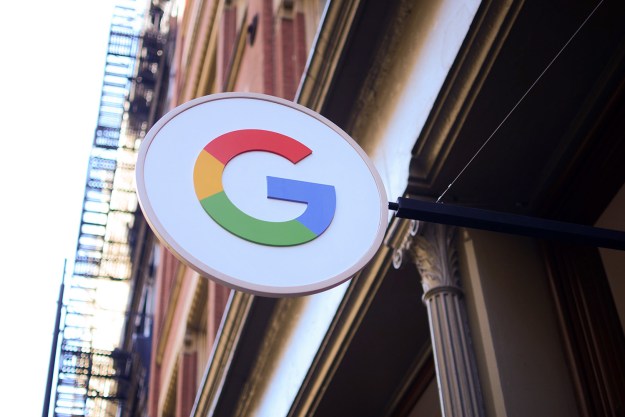 It seems as if Google just can’t stay out of the news these days. This week the search engine giant’s plans tocreate comprehensive databases on its users have brought serious questions from the Information Commissioner in Britain. In London, Google chief executiveEric Schmidt laid out the intent to take personalized search to the next level, stating the company’s goal “is to enable Google users to be able to ask the question such as ‘Whatshall I do tomorrow?’ and ‘What job shall I take?’.” Schmidt emphasized that this new personalized search will be an opt-in service, and that the company will only keepdata for a limited period. However, the moved has caused raised eyebrows and mutters of Big Brother from European privacy campaigners. In the U.K., the office of the Information Commissioneris the body responsible for data protection. As part of a group called the Article 29Working Group it has already written to Google, asking for more details on the company’s plans on retaining data. Google has promised to publish a response on its web site next week.Regarding the letter, a spokesperson for the Information Commissioner said, “I can’t say what was in it only that it was written in response to Google’s announcement that will holdinformation for no more than two years.” Google already has the iGoogle service, where people volunteer to allow Google to use their web histories.It’s also bid $3.1 billion for DoubleClick, a company that combines information from its cookies and a user’s Internet searches to builddetailed user pictures. Additionally, Google just put $4 million into the genetics company 23andMe, run by Anne Wojciki, who married Sergey Brin, the co-founder ofGoogle, this month. One of the biggest questions for privacy advocates is that law enforcement can force search engines to hand over user data, leaving those who subscribe to this new serviceespecially vulnerable. Yahoo already has plans to roll out a similar personalized search technology, called Project Panama. Since its early days, Google hasused the slogan “You can make money without doing evil.” But with search engines growing more personal with each passing day, the worries about Big Brother continue to rise.
It seems as if Google just can’t stay out of the news these days. This week the search engine giant’s plans tocreate comprehensive databases on its users have brought serious questions from the Information Commissioner in Britain. In London, Google chief executiveEric Schmidt laid out the intent to take personalized search to the next level, stating the company’s goal “is to enable Google users to be able to ask the question such as ‘Whatshall I do tomorrow?’ and ‘What job shall I take?’.” Schmidt emphasized that this new personalized search will be an opt-in service, and that the company will only keepdata for a limited period. However, the moved has caused raised eyebrows and mutters of Big Brother from European privacy campaigners. In the U.K., the office of the Information Commissioneris the body responsible for data protection. As part of a group called the Article 29Working Group it has already written to Google, asking for more details on the company’s plans on retaining data. Google has promised to publish a response on its web site next week.Regarding the letter, a spokesperson for the Information Commissioner said, “I can’t say what was in it only that it was written in response to Google’s announcement that will holdinformation for no more than two years.” Google already has the iGoogle service, where people volunteer to allow Google to use their web histories.It’s also bid $3.1 billion for DoubleClick, a company that combines information from its cookies and a user’s Internet searches to builddetailed user pictures. Additionally, Google just put $4 million into the genetics company 23andMe, run by Anne Wojciki, who married Sergey Brin, the co-founder ofGoogle, this month. One of the biggest questions for privacy advocates is that law enforcement can force search engines to hand over user data, leaving those who subscribe to this new serviceespecially vulnerable. Yahoo already has plans to roll out a similar personalized search technology, called Project Panama. Since its early days, Google hasused the slogan “You can make money without doing evil.” But with search engines growing more personal with each passing day, the worries about Big Brother continue to rise.
Editors' Recommendations
- Google quietly launches a new text-to-video AI app
- The new Razer Blade 16 is embracing OLED in a big way
- Google Bard could soon become your new AI life coach
- Midjourney’s new zoom-out feature is becoming the next big AI sensation
- Google Bard just took a big step toward being a proper ChatGPT rival




